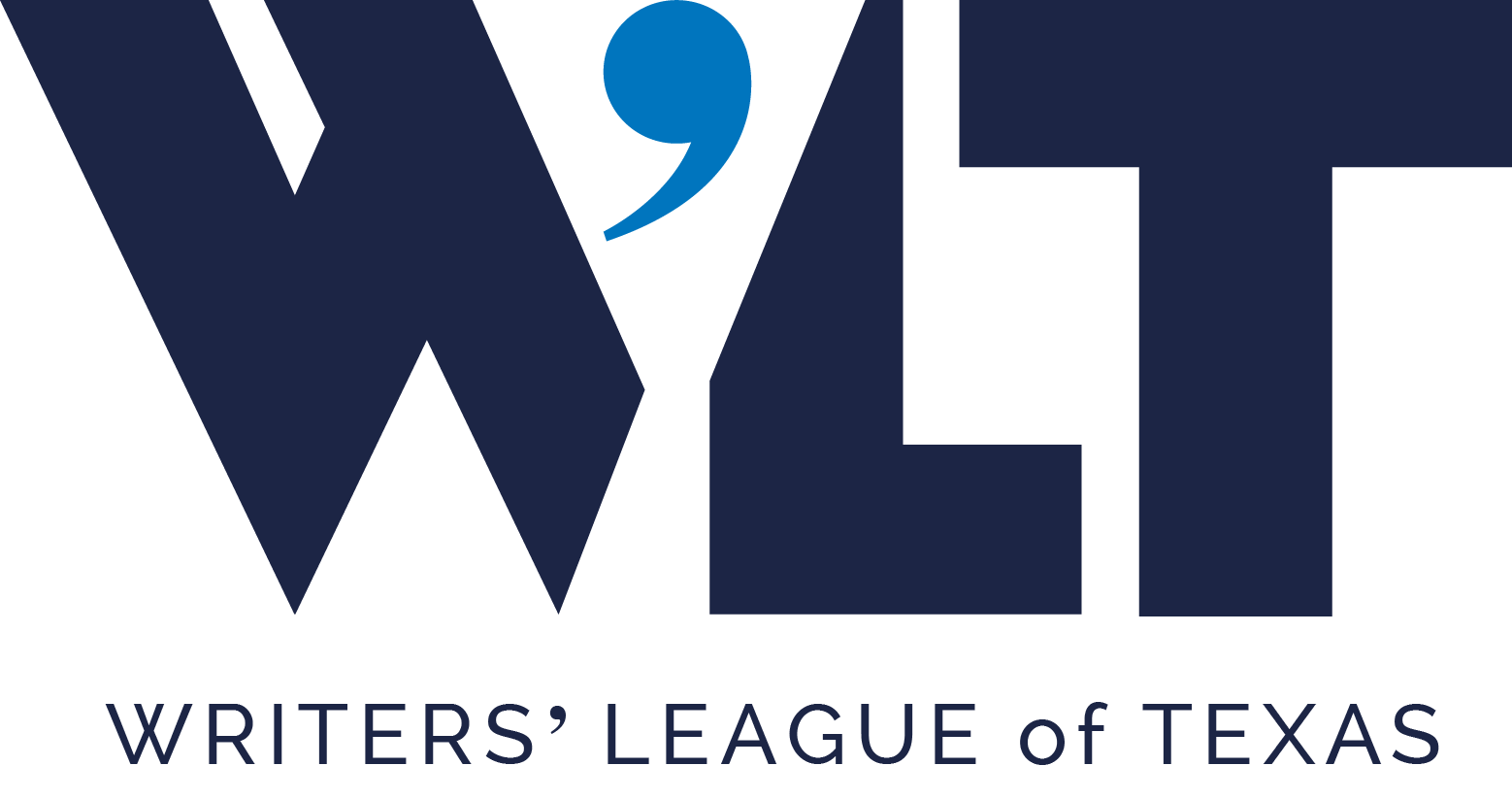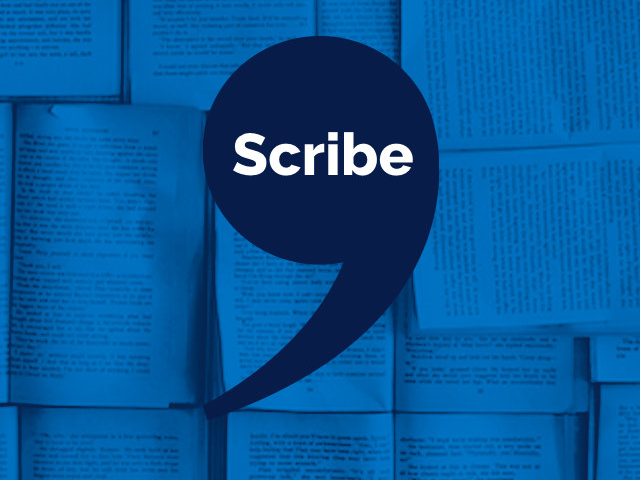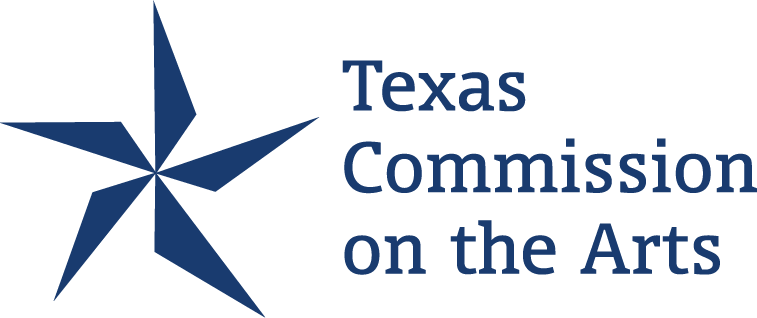Just when you think you’ve finally reached the finish line with your first-draft manuscript, typed The End, slumped backwards in your chair, and expelled a triumphant sigh, the realization strikes that those two seemingly final words actually signal the end of one process and the beginning of the next. It’s time to edit and revise. But how do you go about it when you’ve never learned how?
Our Summer Writing Workshop (Austin, August 14-19) can help. We’re so excited to have beloved instructor Carol Dawson teaching “The Joy of Revision: Editing and Revising Your Manuscript for the Marketplace.” Read a Q&A with Carol below to learn more about the class and the process of revising your manuscript.
 Scribe: Writers are often resistant to revision—and when they do begin to revise, it’s tempting to nibble at the edges, tweaking a word or phrase here and there. What is the mindset that a writer needs to enter in order to do his or her best revision?
Scribe: Writers are often resistant to revision—and when they do begin to revise, it’s tempting to nibble at the edges, tweaking a word or phrase here and there. What is the mindset that a writer needs to enter in order to do his or her best revision?
Carol Dawson: When embarking on revision, every writer needs to enter a space that seems contradictory: both entirely objective (as if he or she was a reader picking up the work for the first time) and deeply in tune with the creative forces and intention that shaped the work’s first draft to begin with. It’s a sort of knife-edge walk down the page. To stand back and look at what’s working and what is not, and why, and what can be done to fix it requires a mindset of problem-solving and distance that a few word-tweaks will not necessarily satisfy.
Scribe: For this writing workshop, you will be editing the first five pages of the opening chapter of each student’s manuscript in after-class hours. What kind of feedback can students expect to receive, and why are these first pages of a manuscript so crucial when it comes to the editing and revising process?
CD: The first line of a book is designed to snag the attention of a reader. The following paragraph must then hook and hold that reader’s attention–woo the reader’s curiosity into finding out more. It must invite the reader into a world that he or she wants to enter, and promise rewards of suspense, character, interesting conflict, and a vital setting. In other words, it, and the pages that follow it, must plunge the reader into the heart of a story he or she cannot resist.
Scribe: This class is appropriate for novel writers as well as those writing non-fiction and memoir. Does the process of editing and revising differ for fiction versus nonfiction?
CD: Not really, no. The same narrative needs apply to both, although the form and the content might seem very different in the two disciplines. In this class, we’ll look at successful non-fiction openings and narrative structures as well as those that work and ‘build’ well for fiction, and talk about how to achieve them in each separate project.
Scribe: You’ve written six books. Does revision get easier as you go, or must you reinvent the process anew each time?
CD: I’ve published six books, but I have actually written a great many more than that. Therefore, I’m very familiar with the early pain and conundrums that inflect the task of revision. But yes, revision does get easier as I go—to the point that, these days, I incorporate it (using that knife-minded objectivity I mentioned) as I write the first, second, and third drafts. That makes the end result much easier to achieve. That’s also the goal I wish for the students who take this Summer Writing Workshop class.
—
Thanks, Carol!
For more information about Carol’s class, click here.
For more information about the Summer Writing Workshop, click here.
Carol Dawson is both a novelist and nonfiction author whose books include the novels The Waking Spell, Body of Knowledge, Meeting the Minotaur, and The Mother-in-Law Diaries, all published by Algonquin Books, Simon and Schuster, Viking-Penguin, and translated overseas into several languages. Her award-winning non-fiction book House of Plenty: The Rise, Fall, and Revival of Luby’s Cafeterias was published by the University of Texas Press. She has taught creative writing and literature at the College of Santa Fe, as well as in numerous workshops. Her latest non-fiction book, Miles and Miles of Texas: The Story of the Texas Highway Department, 1917-2017, published in Fall of 2016 by Texas A&M University Press, ranked Number 4 on the Amazon Best Seller List in its category.










